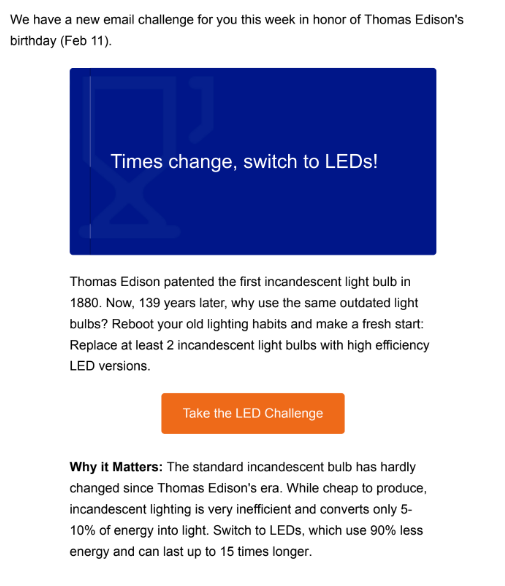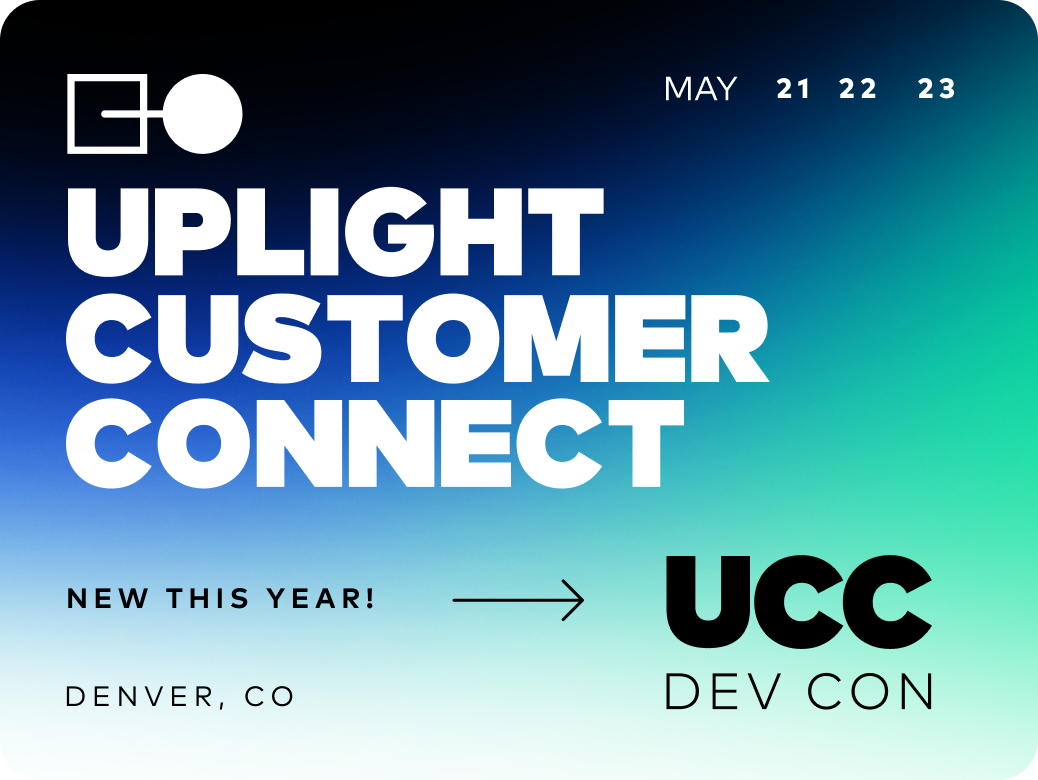Ever made a New Year’s resolution? Maybe you resolved to exercise more, quit smoking, or save money. But why then? What’s so special about January 1 that we pre-commit ourselves to a new gym membership or a never-ending stint of nicotine cravings? Ever stopped to think, why do we give one day so much power?
Time as a Landmark
Like January 1, some calendar dates are more significant than others. Holidays aside, other dates also stand out because of their personal significance, like birthdays and anniversaries. Let’s call them both landmarks. Just as we rely on landmarks to navigate space (“To get to my office, turn right after the Starbucks”), we also use landmarks to navigate and track the passage of time. Remember your 16th birthday? Your 21st birthday? … okay, maybe not this one. Maybe you felt a subtle shift. Maybe you felt older. Wiser? Or just, different.
Behind the (Psychological) Curtain
So, let’s talk psychology. What’s actually happening here? Well, two things.
First, these temporal landmarks create “disconnects”–they create a psychological distance between our (pre-landmark) past self and (post-landmark) present self. Our past self was flawed, maybe naive, and even inferior (OMG, I wore that?!). Our present self is smarter, more experienced, and has even learned a few things. Perceiving this psychological transition motivates us to pursue our goals and become, well, better.
Second, by creating these disconnects, temporal landmarks also disrupt our usual decision-making processes. Instead of focusing on the day-to-day minutiae (fruit or cookies?), our attention zooms out to a higher-level 30,000-foot panorama of our lives (am I happy in my current career?). And we feel more motivated to pursue our higher aspirations.
This phenomenon is known as the “fresh start effect”.* On this universally or personally meaningful day, we’re more apt to draw a line and start over with a clean slate.
Utilities: Seize the Day
So what does this mean for behavioral energy efficiency programs? Can utilities leverage this fresh start effect to motivate customers to reduce their energy use? Absolutely. Just leverage the “When”, for example:
- On the first day of Summer, challenge people to turn up the thermostat by 1°
- On Earth Day, promote appliance recycling programs
- Or get personal: On the anniversary of a new homeowner’s move-in date, message them about scheduling a free in-home energy assessment
You get the idea. Timing is everything.
Real-World Evidence: It Works!
The When: Thomas Edison’s birthday (Feb. 12)
Uplight tested fresh start messaging in a Weekly Challenge email, asking people to replace incandescent light bulbs with LEDs. A single sentence (“Reboot your old lighting habits and make a fresh start”) was able to successfully nudge more people to take the Challenge.

On average, ‘Take the challenge’ click rates increased by 27%. Which is great, but that’s not the surprising part.
Now here’s the bang for your one-sentence buck: It’s the Who. Typically hard-to-reach populations like renters and families with children under 18 clicked more. Much more. Click rates increased by 69% for families and 103% for renters.
Note: Willingness and a commitment to take the challenge do not always translate to direct action. We know this. But in lieu of entering people’s homes and checking for new light bulbs, we’ll take their word (and best intentions) for it.
But This Isn’t Magic
Individuals being individuals, not everyone responded to this fresh start message. Older populations (70+ years old) weren’t compelled to draw a line and start over. But they weren’t put off either. They simply shrugged their shoulders and moved on. C’est la vie.
And speaking of moving on: Just like a post-it note, the stickiness doesn’t last. The elevated motivation we feel does gradually wear off from week to week. But still, fresh start feelings are powerful if leveraged in the right way. Challenge people to fulfill one-shot goals (like replacing a light bulb) instead of tasks that require repeated, sustained action. And acknowledge their efforts with positive feedback!
Oh, and for those of you who made a New Year’s resolution-It’s now 8 months out. Did you stick to it? Look for an upcoming blog post on goal setting, perception and motivation.
* Reference: Dai, H., Milkman, K.L., & Riis, J. (2014). The Fresh Start Effect: Temporal Landmarks Motivate Aspirational Behavior. Management Science.





